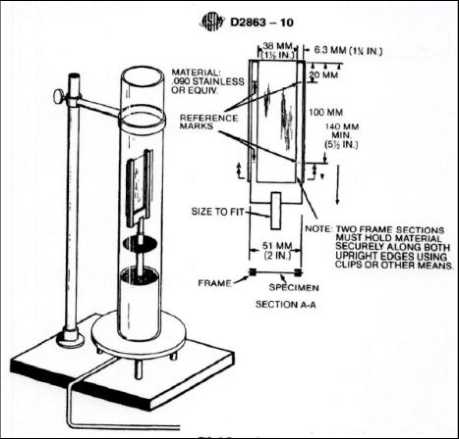- Qinsun Instruments Co., Ltd.
- Tell:+86-21-6780 0179
- Phone:+86-17740808215
- Address:No. 2578 Minhang District Gu Dai Road, Shanghai
- Contact:Mr. Li
- QQ:846490659
Reasons for high column pressure in liquid chromatography

A chromatographic column is the heart of high-performance liquid chromatography. In the use of a liquid chromatograph, it is very important to maintain the column efficiency, capacity, and permeability of the chromatographic column, and extend its service life. Both high and low chromatographic column pressures belong to column pressure issues. The increase in chromatographic column pressure is generally caused by impurities generated within the column bed, resulting in increased fluid resistance. Our chromatography engineers can roughly summarize the following aspects:
1. Pre treatment of mobile phase: Impurities in the mobile phase or Yang Ping block the inlet filter of the chromatographic column, causing an increase in pressure. This is because the mobile phase may not have been filtered or filtered thoroughly, resulting in solid impurities remaining on the filter plate. On the other hand, it may also be due to the lack of use of pre protective columns.
2. Sample precipitation: When the mobile phase is inconsistent with the solvent used to dissolve the sample, when the sample enters the chromatographic column, it may precipitate and adsorb into the column due to a decrease in solubility, causing an increase in pressure.
3. Crystal precipitation: When using a mobile phase containing buffer, inorganic salts in the buffer may remain in the system, causing them to precipitate and block due to a decrease in solubility in the new mobile phase, leading to an increase in pressure. 4. Bacterial or fungal growth: In the mobile phase, in the pipeline or at the inlet of the column, bacteria or fungi grow and block the filter plate, causing an increase in pressure. So when using phosphate buffer, it is generally necessary to prepare and use it on site.
5. Solute adsorption: Some solutes have a strong adsorption force on the chromatographic column, and the mobile phase is also difficult to remove during elution. The accumulated un eluted solutes also cause an increase in resistance, resulting in an increase in pressure.
6. Excessive and rapid replacement of mobile phases: When changing the mobile phase system, incomplete replacement results in different properties and immiscible mobile phases existing in the same system, which can also cause an increase in pressure.
7. Pressure pulse: During operation, there may be sudden fluctuations in pressure throughout the entire liquid chromatograph system. If the pump pressure changes, the pressure pulse formed by this can cause the collapse of porous packing and slight changes in the column bed structure. The long-term accumulation of packing debris may also increase the resistance of the column bed, resulting in an increase in pressure.





